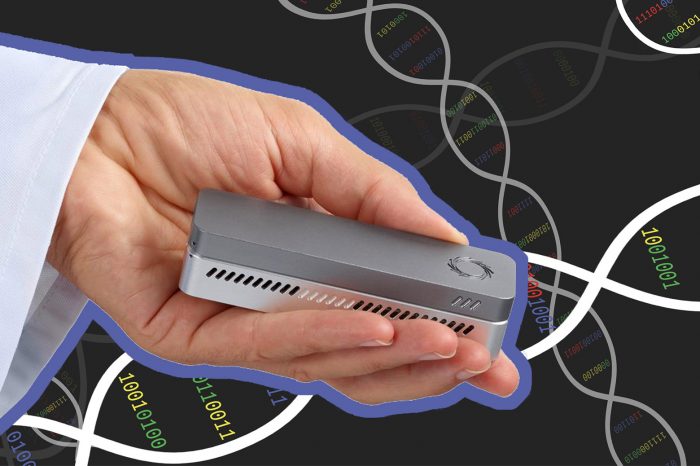
Precision health takes into account variability in genes, environment, and lifestyle for each person. Huge amounts of data are being collected and analyzed to manage our care, but results can be slow in coming, and the wait between testing and diagnosis can be days or weeks.
However, recent breakthrough developments in technologies are poised to deliver a new standard of personalized care. New handheld devices can provide real-time genomic sequencing and analysis of patient biological data. However, they do not have the compute capability to analyze that raw data in the field and quickly produce actionable results.
To provide real-time diagnosis requires a computing system that can analyze the sequenced data and provide treatment and therapy recommendations before the patient even leaves the office. Two multidisciplinary teams of researchers at U-M are working to bring real-time diagnosis to healthcare providers through combined efforts in computer architecture and machine learning development.
